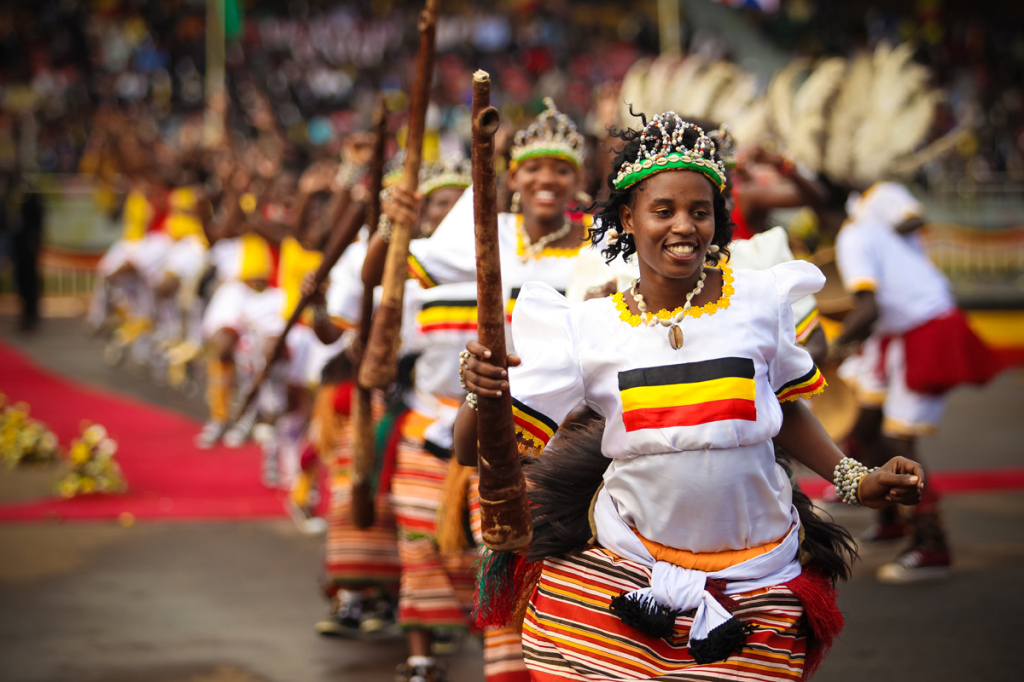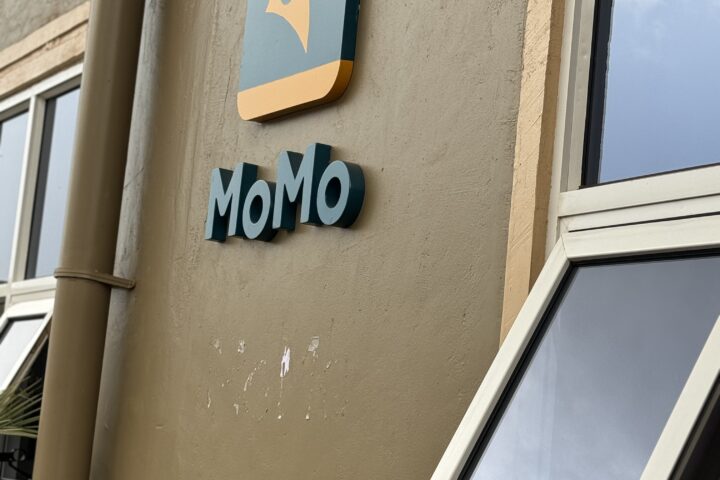A more convincing answer to Joachim Buwembo’s argument “ why many non-Baganda love the Kabaka more today”, is language. Luganda is a de facto national language and I think explains the cultural penetration of all things Buganda including the favourable interpretation of the Kabaka of Buganda as depicted by Buwembo (see his blog post here).
Language is the balm of communion.
It is probably the centerpiece of the place of Buganda within the post-independence medley of crisis and development that the article offers. Luganda is connected in the main to contemporary contestation in Uganda because it is the lingua franca of trade and services, particularly the two industries that define the economy, imports and agricultural trades. The language travels far beyond Uganda’s immediate borders and leaves a footprint in metropolitan centres in Kenya, Rwanda, Burundi, Congo and South Sudan. Its Bantu origins probably help to make it more versatile.
But for us Luganda also holds court as the language of protest – related if anything to the inadequacies of the political economy. It could be because Buganda is the geographical centre of the economy and hosts these problems of unemployment and its hardships in its cities including Kampala, which is also the political capital of the country. It could also be because the culturally diverse country congregates here. In so doing the Ugandan community finds expression the thunder and turbulence of ethnic rivalry, poor government services and political arm-wrestling; in the language of the area. During the recent presidential elections one would be faulted to think the entire country spoke Luganda. It is not by mistake that the language has become the megaphone of how Uganda is dealing with its many contradictions. The combination of geography and the one-city nation has something to do with it.
One recalls that during the Buganda riots, amplified by the vitriol on CBS, the Buganda Kingdom radio station, it was clear that violence occurred largely within Kampala’s linguistically coherent, but culturally diverse, underclass that speak Luganda as the primary language. Two of Uganda’s major trends, youth unemployment and rapid urbanization, the key targets of the “state failure” criticism occur in the language. If there is a lack of confidence in the state of politics and the economy today it is probably first transacted in the majority sense in Luganda. There are many cultural products to back this up. A lot more resentment, fear and potential violence is bottled in the music and lamentations of the slums and low lying areas around the city sang by its stars like Bobi Wine and Jose Chameleon who are also national musicians.
[Just discovered today that the Kingdoms’s tv station BBS is on DSTV platform. Urban TV where I consult on a rolling basis, and where Buwembo works, has been trying to get on that bouquet but Buganda packs a punch]
During the campaign – the signature song for President Museveni’s steady progress re-election was Tubonga nawe and NGOs run a campaign on voter education dubbed Topowa (Don’t give up). The controversy of how these musicians had sold out to one side of the contested elections continues to be a matter of fierce debate. But perhaps it captures partly how many Ugandans understood the music of everyday life and protest that they sang which was now, in their view, in danger of being violated by the dirty fingers of the very establishment they held responsible. It is also a simple but great example of the role that Luganda plays in the national debate. Luganda is the language of authenticity. In this sense it is the mother tongue as opposed to say English, which sadly for folks like me, is considered the language of the political con-job, the Babylon-speak of the collective failures of Uganda’s development architects, the civil service and donors.
So while something can be said about how Mengo, the seat of the Buganda government and the Kabaka may benefit from this situation but I would be careful to put it down only to the fall in the reputation of other pillars of the political and cultural establishment. Luganda plays on this larger canvas but it may be fair to Buwembo to summarize what it is beyond what his article set out.
He argues for example that the moral bankruptcy of the political centre (which is driving fans to Mengo) can be seen in the despicable conduct of the House of Bishops who have, for 30 pieces of silver, sold over their congregations to an ethically questionable state.
We don’t disagree entirely. The initial coupling of the state and the Church occurred in Buganda, a marriage that birthed the country after the religious wars, colonialism et al. The church used to be the government literally. It had a seat in the Lukiiko. However the institution we analyse wrongly today is the post-independence Church that had been briefly redeemed by its protest against the violence of the state in the late 70’s and 80’s. It is important to keep in mind however that the tradition of the Church, and Mosque was always to leverage its moral power for political power.
Sadly, religious players has lost that battle almost entirely during the time of the NRM administration. This is because the theology of the NRM is security- and the security state did not like rivals. The Movement system thus banned, after 1986, political parties, Kingdoms and sought to keep religious meddlers in their place. Buganda has re-emerged out of the fray lately because, I believe, the security state itself is facing a serious credibility challenge today as a ways and means of dealing with the crisis of development alluded to earlier (It is not unusual to hear in every problem these days what “security” is thinking, saying or doing)
But it is also partly because Mengo has mainly kept its influence wrapped up within its cultural and not political activities. In part the NRM is a victim of its own success. Its earlier war on traditional institutions, which has since continued through its single-party dominance, has eroded any referees between it and divergent opinions. So the emasculation of the church, the courts etc may have driven these views into the linguistic arms of Luganda.
Mengo is thus a beneficiary of this process but because its language has made it possible.










